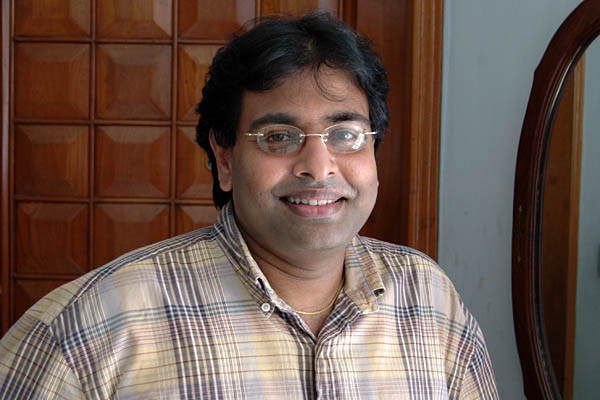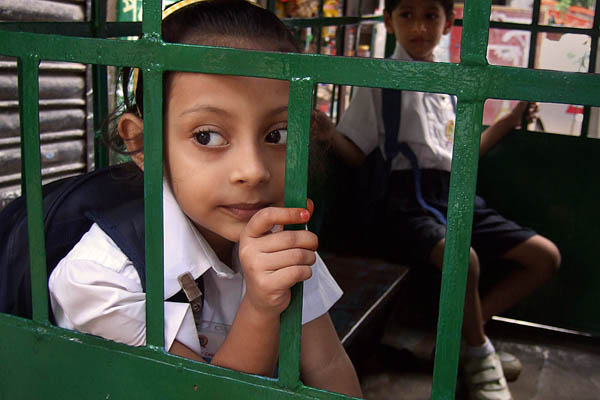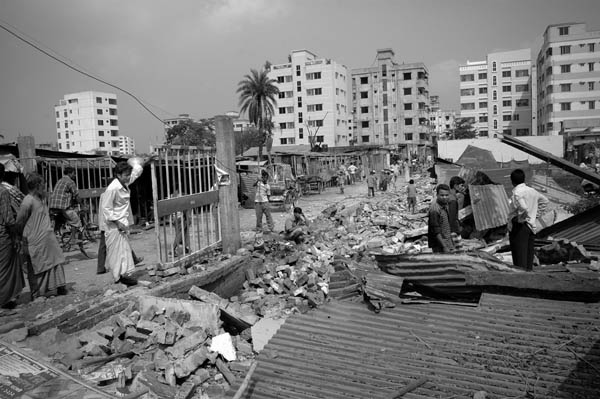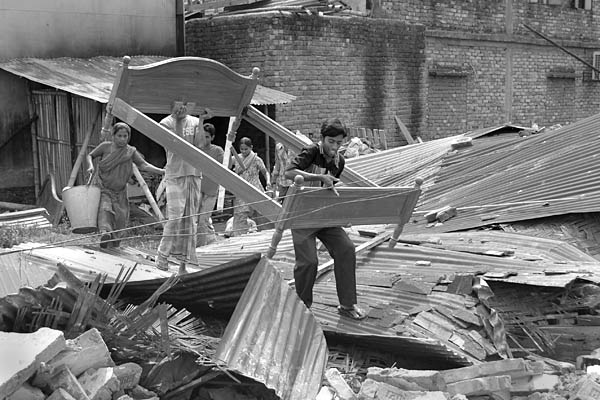
Baitul Mukarram Mosque, Dhaka
Baitul Mukarram is Dhaka’s largest Mosque. It’s in Gulistan, the crossroads of old and new Dhaka. One of the most intense and chaotic parts of the city. The Mosque covers a very large square block and below it is an electronics and clothing bazaar. This photo was made twenty minutes before the rush to the late afternoon prayer. Shortly after the entire space was covered with men. It’s an unusual view with so few people present, a reflective moment.
This time last year I didn’t have a clue what to expect. The names of cities and towns on the map meant nothing to me. And of course the most important thing, the people. I’ve been in Bangladesh for nine months and am grateful to all of the people who reached out with their friendship and assistance. There are so many fond memories and much to process. To see my dedicated website of Bangladesh photographs take a look at the Bangladesh Project.








